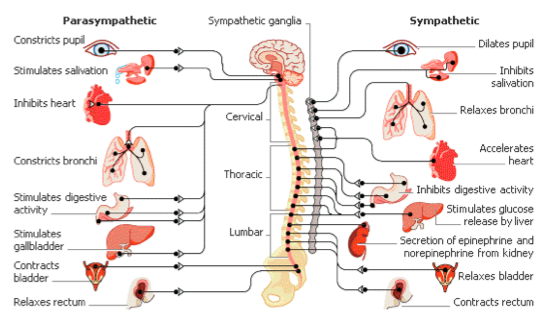Dr. Rob's Rx: Meditation
So, Dr. Rob, whaddaya know about Meditation?
After studying the science of meditation and feeling its affects for nearly ten years, as a doctor, I have been prescribing meditation and yoga to help patients deal better with stress and anxiety. Julie has been teaching meditation and yoga for over ten years. Together, we share the “art & science."
When Should I Practice & For How Long?
Whenever you can and at any time of day! I recommend first and last thing you do every day. But if you have trouble sleeping, it might make sense to meditate just before bedtime. If you struggle with stress and anxiety during the day, you might try several short meditations throughout the day.
But in general, I recommended it, just like I would a medication or supplement – start low and go slow. And how long should you meditate to get results? If you’re starting out, I recommend anywhere from 5 to 10 minutes a day. You can start with even less. Maybe try it for two minutes in the morning. And when you can sit still and relax for that long, move to three minutes. And then increase your time every day as you get comfortable with the practice. Your body and mind truly love to slow down and relax.
The most important thing is to just start. The next most important thing is to be consistent. You just need to do it. You need to start and you need to keep going. Pick the amount of time that works for you and do it every day. One thing is for sure: The more time you invest in practice, the more results you’re going to see. Remind yourself of your breath and use it as a relaxation tool—wherever you are!
Is meditating hard?
"Meditation is one of the easiest things to do, but remembering to do it isn’t.”
Alright, but I need some scientific backup.
In the 1960’s, Dr. Herbert Benson published his landmark book, The Relaxation Response. Since then, researchers have been investigating the relationship between meditation and stress. Dr. Benson discovered that meditation triggers something called the relaxation response. According to Dr. Benson, “The relaxation response is a physical state of deep rest that changes the physical and emotional responses to stress… and [it’s] the opposite of the fight or flight response.”
One of the best ways to elicit the relaxation response is - you guessed it - meditation. Dr. Benson has published numerous studies on the relaxation response which have highlighted the following short-term benefits:
lower blood pressure
improved blood circulation
lower heart rate
less perspiration
slower respiratory rate
More scientific backup. There's no such thing as too much!
Scientific literature reflects an explosion of interest in mindfulness-based practices like Jon Kabat-Zinn’s Mindfulness-Based Stress Reduction (MBSR). Advancement of neuroscience and advanced imaging technologies, like functional MRI we have begun looking into the meditating mind and have started to see the profound influence of meditation on the brain.
An article from Forbes details the following ways that meditation actually changes the brain:
• Meditation Helps Preserve the Aging Brain
• Meditation Reduces Activity in the Brain’s “Me Center”
• Its Effects Rival Antidepressants for Depression, Anxiety
• Meditation May Lead to Volume Changes in Key Areas of the Brain
• Just a Few Days of Training Improves Concentration and Attention
• Meditation Reduces Anxiety — and Social Anxiety
• Meditation Can Help with Addiction
• Short Meditation Breaks Can Help Kids in School
Meditation has been shown to produce significant increases in left-sided anterior brain activity, which is associated with positive emotional states like happiness.
Dr. Rob's Rx
- Make meditation a habit. Unless you do it, it will be hard to reap the benefits meditation can offer you. Make meditation a regular activity every day, just like brushing your teeth. Research indicates that it takes approximately 21 days to create a new habit.
- Succeed in making progress in meditation. Remember the Monkey Mind, after practicing meditation those “monkey” thoughts should decrease and a sense of calm and focus should increase. It’s not about clearing the mind, it’s about stilling the fluctuations.
- Meditate with others. Search for a local group you can meditate with is what I highly recommend. Look for our events and classes at Physio Logic and throughout NYC.
- Check out our amazing friends at DeStress Monday.
- Listen to Julie's audio. This seven minute meditation uses the relaxation response and visualization of a red balloon to guide you toward your most positive self.



